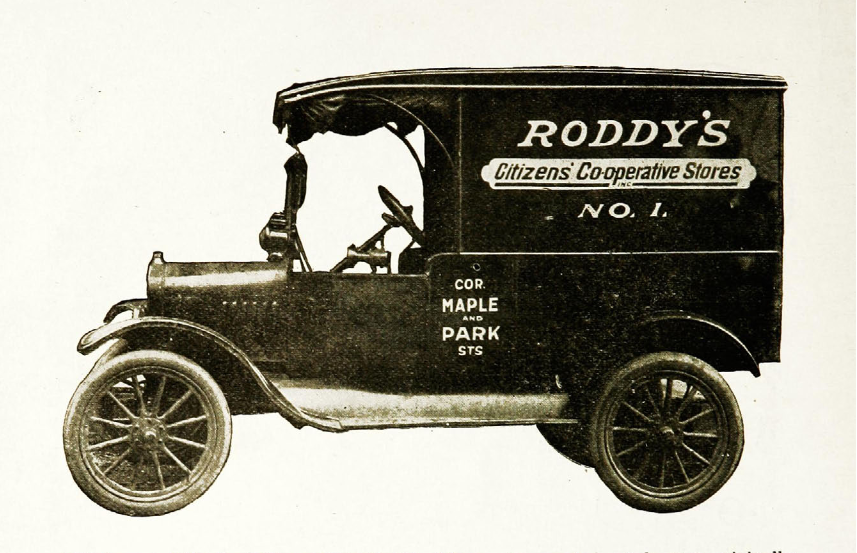
ESSAYS

The Liberal Trap
In "The Liberal Trap," Daniel Woods reveals why American politics feels broken. The term "liberal" has been weaponized to merge two contradictory belief systems: social liberalism (championing human equality and workers' rights) and economic liberalism (prioritizing corporate profits and deregulation). This impossible combination explains why politicians like Obama and Clinton sound progressive but govern conservatively. Woods traces this contradiction back to Enlightenment philosophers like John Locke, who argued against slavery while profiting from it. Modern "liberals" force the same hypocrisy on voters. Woods argues that recognizing this trap is the first step toward genuine political awakening and effective resistance to corporate domination.

So You Want a Definition of Fascism
Slavery existed before we named the system; the idea of stolen labor a fundamental principle to the ideology of the capitalist, yet predating the invention of the definition by millennia. In fact, it was chattel slavery, the reduction of human beings to a class of livestock, which truly sowed the seeds for what Capitalism is today. Indeed, the East India Trading Company was established in 1600 and what, if not capitalist, was it if not the seizure of the means of production and distribution from the commoner for the benefit of the lords and financiers of Europe? What was the Slave Triangle if not the express theft of the means of production in its rawest form for the use of landed elites in both the Old World and New?





As the government consolidates power for itself, the GOP, and the coming Trump aristocracy, the welfare of the general people has fallen into a state of such disrepair that it exists as little more than shredded wisps of what once was. My own generation – raised as we were on picket ideals and universal justice and perpetual prosperity for all – saw but a glimpse of what was once within reach for all in our nation regardless of race, orientation, identity, or creed. Today, a near half-century of austerity has finally crept from its deregulatory cocoon in the form of inequality and impoverishment for all.